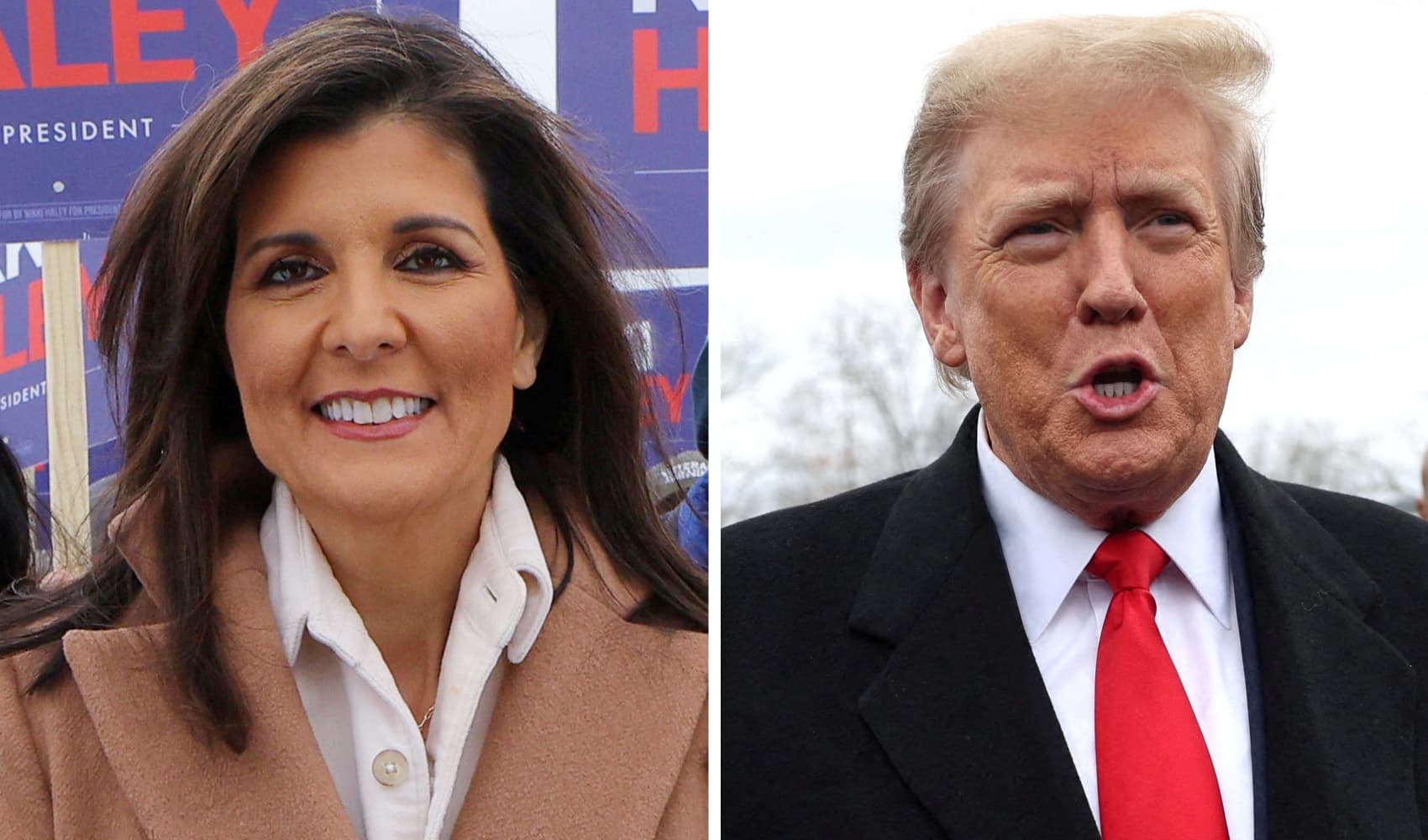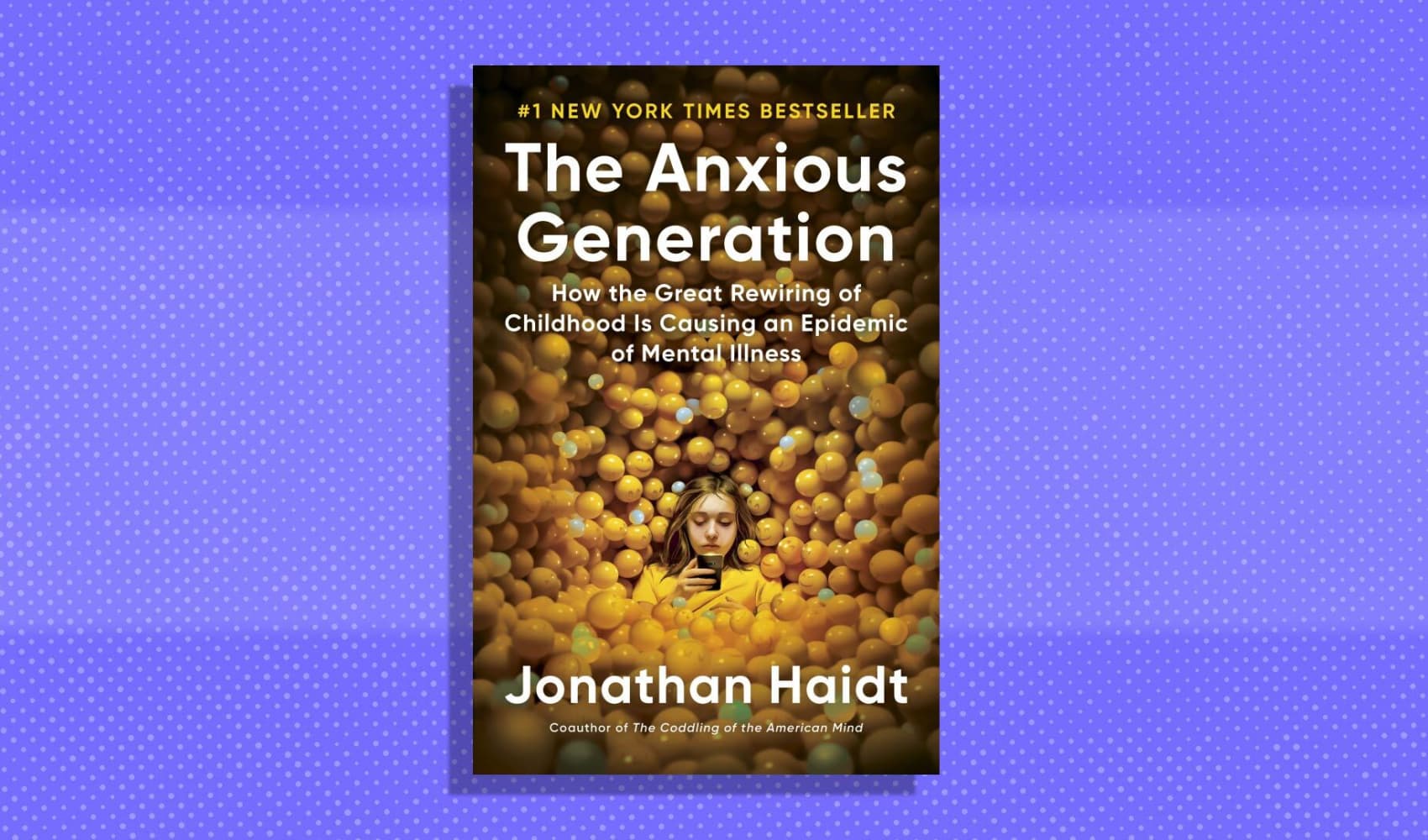
Following the pandemic, the state of mental health in America saw such a great decline that the U.S. Surgeon General, Vivek Murthy, categorized the country's levels of loneliness and isolation as a public health crisis.
Yet, former first lady Rosalynn Carter, who passed away on Sunday at her home in Plains, Georgia at the age of 96, advocated for mental health long before 2020.
Early on, Carter recognized the disconnect between individuals with mental health conditions and people without them. Growing up, the former first lady had a distant cousin with a mental illness and could recall being frightened by his presence, according to CNN.
Get New England news, weather forecasts and entertainment stories to your inbox. Sign up for NECN newsletters.
"He probably wanted nothing more than friendship and recognition, yet he was different, and when I heard him, my impulse was to flee," she wrote in her memoir.
Reflecting on her own reaction helped Carter realize the need for improved care for people living with mental illnesses like her cousin, and she spent most of her time in the White House advocating for mental health.
She made sure to hold her husband, former President Jimmy Carter, who is now 99 years old, to the same standard. Carter once recounted a time when she stood in line and waited to shake her husband's hand at one of his rallies.
Money Report
"What are you doing here?" Mr. Carter asked when he saw her in the line, according to an article by the John F. Kennedy Presidential Library and Museum.
"I came to see what you are going to do to help people with mental illnesses when you become Governor," she replied.
Jimmy Carter responded by telling her that he would aim to have "the best program in the country" for mental health, and put Rosalynn in charge of it, she said.
During Jimmy's time as the governor of Georgia, Rosalynn was a member of the Governor's Commission to Improve Services to the Mentally and Emotionally Handicapped.
In 1977, she and her husband, who was the U.S. President at the time, created a Presidential Commission on Mental Health. However, Rosalynn wasn't able to be the committee's chair because she received a note from the Department of Justice that a close relative of the president wasn't allowed to be appointed to the position, according to CNN.
"There is, however, no problem with you being designated as honorary chairperson," she told the press. "So I'm going to be a very active honorary chairperson."
But Carter's work didn't stop at PCMH. She also testified before Congress to advocate for improved mental health reform in 1979; she was the second first lady to testify before Congress, succeeding Eleanor Roosevelt.
During Jimmy Carter's presidency, he and Rosalynn set up 123 community mental health centers, she told the JFK Presidential Library and Museum in an interview.
"Now, these were by no means comprehensive. Some were just an office in the middle of a small town," she said. "But many times, just an office with a telephone, so that somebody could go by and find out where to go for help."
The couple also founded The Carter Center, a nongovernmental organization devoted to improving lives, in 1982, just one year after the end of Carter's presidency. The organization has its own mental health program that aims to "bring together health leaders and organizations to discuss important public policy issues facing mental health and substance use care systems nationwide and at the state level," according to The Carter Center's website.
"Twenty-five years ago, we did not dream that people might someday be able actually to recover from mental illnesses," Rosalynn Carter said at a mental health symposium back in 2003.
"Today it is a very real possibility."
DON'T MISS: Want to be smarter and more successful with your money, work & life? Sign up for our new newsletter!
Get CNBC's free Warren Buffett Guide to Investing, which distills the billionaire's No. 1 best piece of advice for regular investors, do's and don'ts, and three key investing principles into a clear and simple guidebook.






